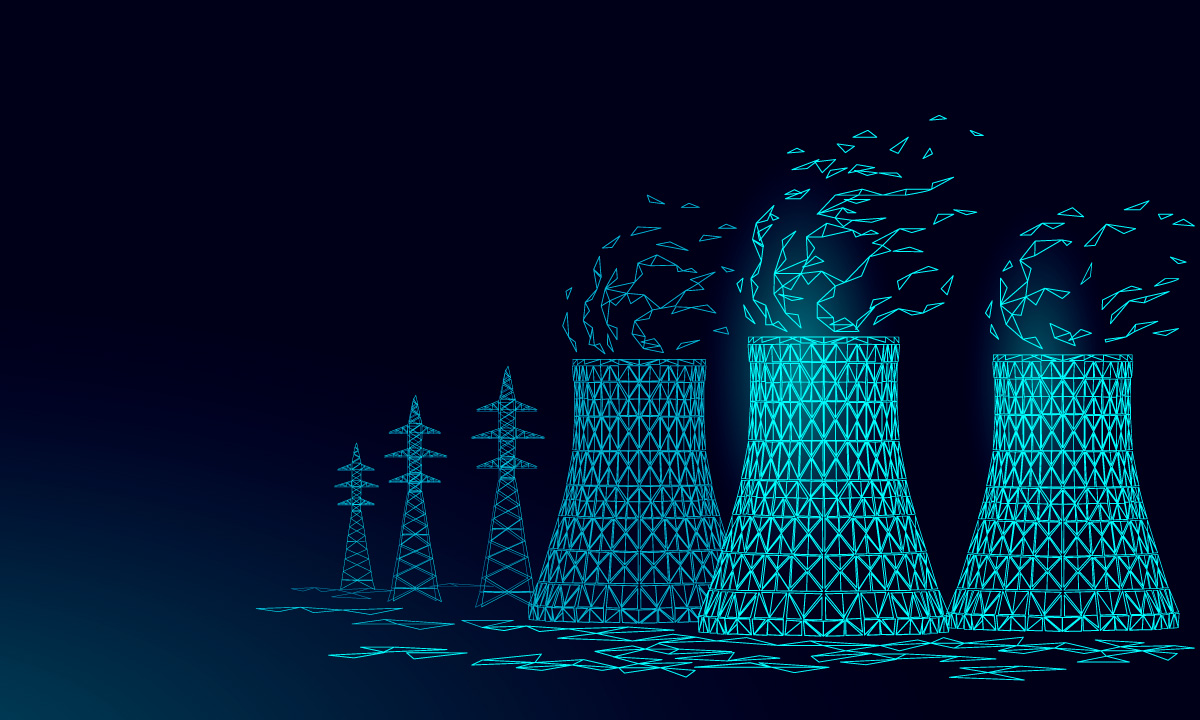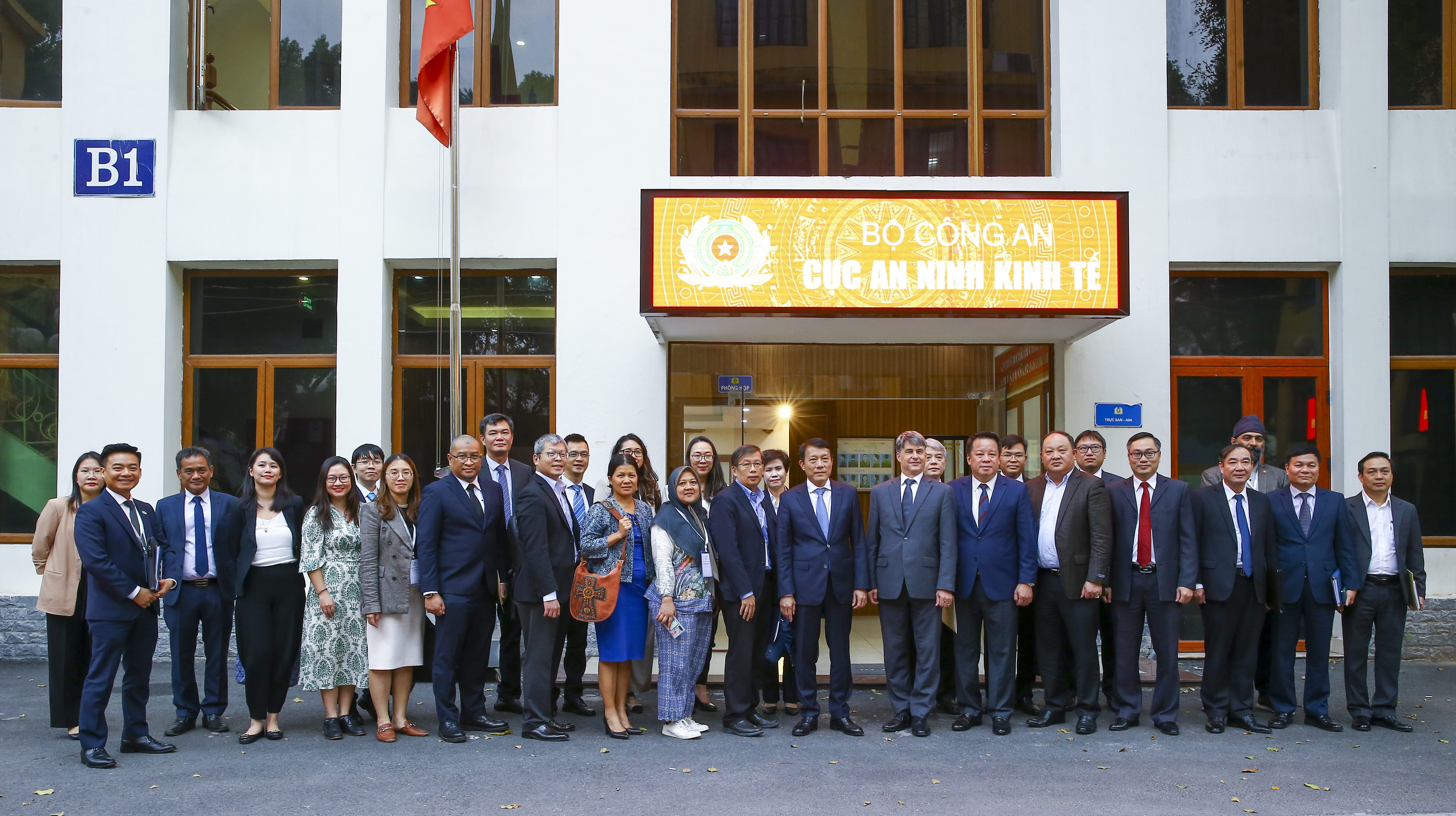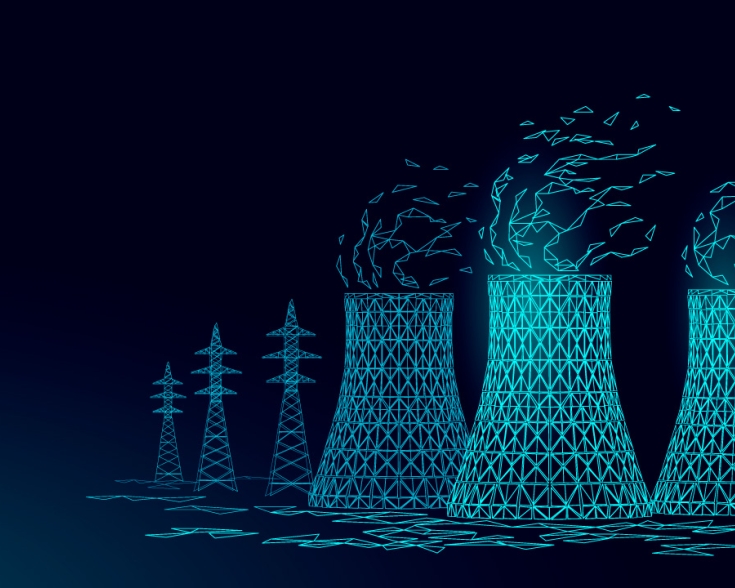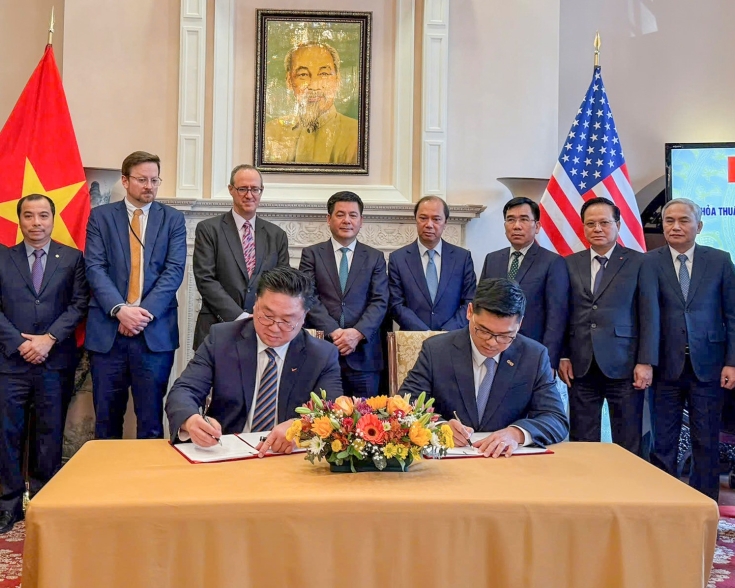Greenlight from Vietnam’s Communist Party for Nuclear Power Development

During the meeting of the 13th Central Committee of the Communist Party of Vietnam on November 25, the Party gave in-principle approval to restart the Ninh Thuan Nuclear Power Plant Project and continue research on Vietnam's Nuclear Power Program. At the meeting, Party General Secretary To Lam emphasized the importance of advancing national energy infrastructure to ensure energy security and achieve socio-economic development goals. Highlighting ongoing power shortages, even when the Power Development Plan 8 (PDP8) materializes, he described the project as "extremely vital to prepare for the future."
The Ninh Thuan Nuclear Power Plant Project, initially approved by the Party Central Committee in 2005 and the National Assembly in 2009, aimed to construct two plants with a combined capacity of 4,000 MW, with an estimated investment of 200 trillion VND (approximately US$8.3 billion) as of 2008. AtomStroyExport, Westinghouse, EdF, Kepco, GE-Hitachi, Toshiba, and China Guangdong Nuclear Power Group (CGNPC) all expressed strong interest in supplying the first two twin-unit plants. Agreements were signed with Russia and Japan between 2010 and 2016 to develop the project. Russia, selected as the technology provider for Ninh Thuan Plant I, proposed advanced Generation III+ VVER1200 reactors, offered export credit, and committed to nuclear waste management. Meanwhile Japan supported Ninh Thuan Plant II with feasibility studies, site selection, and staff training, backed by ODA loans. However, in November 2016, the Party Central Committee decided to halt the project, citing concerns over safety, funding, and technology.
Since 2010, Vietnam has collaborated with Russia and Japan on talent development, sending 323 students to Russia for nuclear power studies and partnered with Japan to train personnel for the Ninh Thuan nuclear project since 2016. Vietnam has also collaborated with Russian universities such as Tomsk Polytechnic University and Russia's National Research Nuclear University and, in June 2024, signed a memorandum with Rosatom to establish a Centre for Nuclear Science and Technology.
Moreover, the Amended Law on Electricity, currently under discussion at the 8th session of the 15th National Assembly and set for adoption on November 30, highlights nuclear power as a strategic part of Vietnam’s energy development. The draft stipulates that the State will have exclusive control over the investment, construction, and operation of nuclear power plants. These projects must comply with the Atomic Energy Law and adopt verified technologies to ensure safety.
To achieve energy security, Vietnam must address the rapidly growing electricity demand, projected to increase by approximately 12 - 15% annually. The adoption of nuclear power, including small modular reactors (SMRs), expected to be incorporated into the revised PDP 8, is considered as a promising option that could offer significant benefits for Vietnam.








